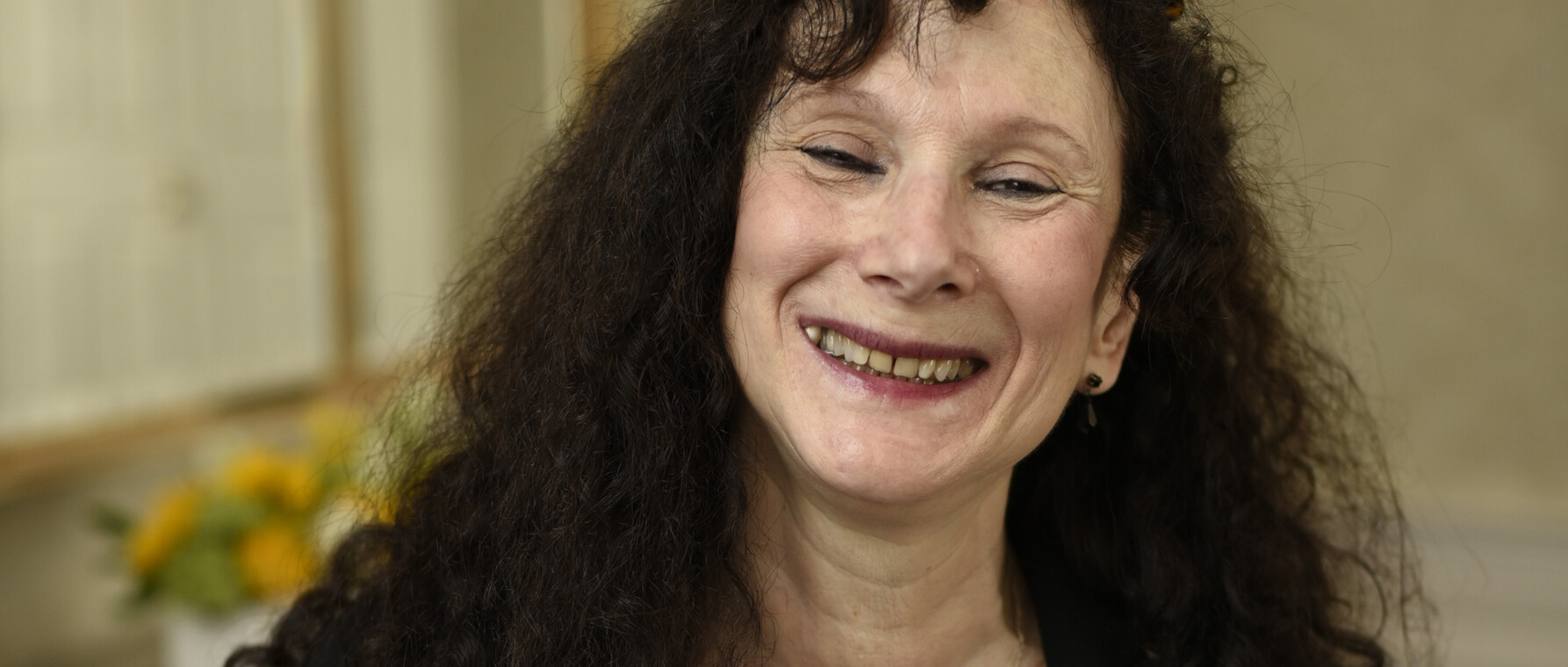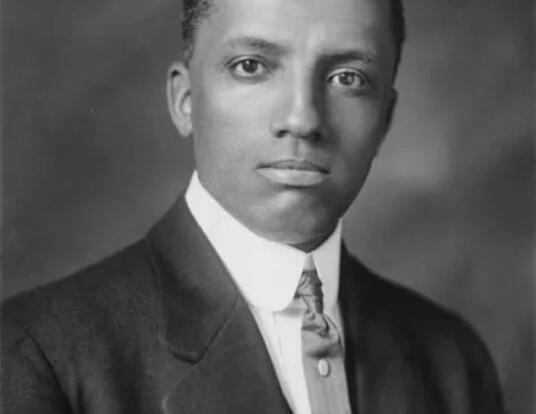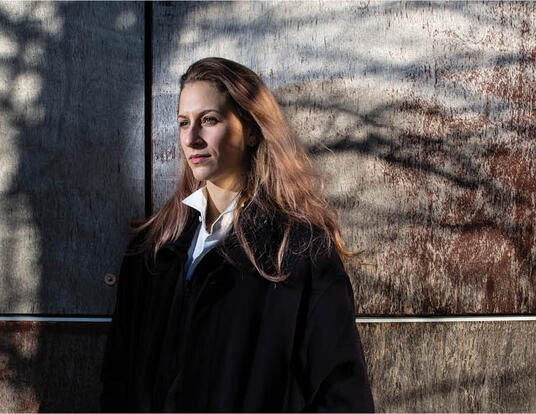Beth Adelson: 2018 Centennial Medal Citation

How can the human mind help us find contentment in the face of our most difficult personal challenges? As an interdisciplinary scholar of meditation and cognition, Beth Adelson has devoted her professional life to addressing this question. Her work draws on early Buddhist teachings and practices, supported by her training in experimental and analytical cognitive science.
Adelson completed her PhD in psychology at Harvard in 1983 on a topic that was not widely familiar at the time: the scientific study of complex problem-solving. Her Harvard classmate Lisa Gualtieri, PhD ’89, a computer scientist interested in psychology who now teaches at Tufts University School of Medicine, greatly appreciated Adelson’s trailblazing work. “What Beth was doing to understand how people think about problem-solving and computer science was very seminal and very important,” she says.
Adelson’s work led to a broader understanding of mental processes, such as the ability to form abstract categories. Her achievements in cognitive science have been widely recognized; she has held faculty appointments at several universities—including Rutgers, where she is Professor Emerita of Psychology and Computer Sciences—and while on the faculty at Yale she was invited to serve as a program director for the National Science Foundation. She has been a principal investigator on a number of projects focused on benefiting society, including Girls in Engineering, Mathematics and Science, or GEMS, which gave underprivileged high-school girls the opportunity to work side-by-side with women science faculty at Rutgers, opening up career pathways that they might not otherwise have considered. Another of Adelson’s projects has focused on helping survivors of mass disasters, like the tsunami in Southeast Asia in 2004, by investigating the use of yoga breathing techniques to enable them to cope with post-traumatic stress.
Adelson’s research in complex cognition led her to the Brahma Viharas, the meditation practices of kindness, compassion, empathetic joy, and equanimity. Seeing how Brahma Vihara practice resulted in the growth of these qualities inspired her to focus her efforts on the relief of personal suffering. She spent seven years in retreat preparing for this work and has studied with many respected Buddhist teachers, including the Dalai Lama. To become a teacher herself, she took the Bodhisattva vow in 2012 and received the name Sopa Yeshe, or Patience Wisdom.
Adelson’s goal is to create ways to use ancient teachings and practices to address difficulties common in today’s society: finding accord in sometimes challenging personal, professional, or social relationships; finding ease in the face of acute and chronic pain; building strength of heart in times of physical and emotional change and loss; and staying with rather than giving into cravings, even in fear or pain. In teaching the meditations that she has developed for these concerns, Adelson provides clear instructions for practice. She then teaches her students to improvise: to choose and combine the practices that best address their difficulty at any given time.
The Dalai Lama has endorsed Adelson’s work on the Brahma Viharas in the context of the Shamatha Project, an extensive study of the long-term benefits of meditation practice. He writes: “I believe this research project has the potential to be of significant benefit for advancing scientific understanding of the effects of meditation… as well as in showing that traditional Buddhist meditative practices can be extremely effective in alleviating the inner causes of suffering and bringing forth the potentials of human consciousness in today’s world.”
Adelson is the founder of the 24th Street Sangha, a meditation community in Philadelphia that she leads as head teacher. Brian Arnell, a senior teacher at a nearby dharma center, notes that Adelson’s students depend on her for guidance and strength. “She has attracted quite a following because she is extremely kind, and because she’s effective,” Arnell says. “She encourages people to accept that they can transform their relationship to some of the difficulties they have in their lives. It’s really a pleasure to watch her work.”
Adelson’s colleagues admire her passion for using her knowledge to benefit others. Her Harvard classmate Jamshed Bharucha, PhD ’83, president emeritus of Cooper Union, appreciates her ability to translate early Buddhist teachings in a way that makes them relevant and accessible to contemporary audiences. “She’s been able to take the very ancient study of the mind, through Buddhist writings and meditative practice, and talk about it in a very contemporary way,” Bharucha says. “I think her academic training enabled her to be very articulate about it. She’s been able to distill from ancient writings and practices things that have validity and pertinence today.”
Beth Adelson, for your insight and perseverance in creating meditation texts and practices, and for your compassion and dedication in helping others replace fear and reactivity with kindness and contentment, we are proud to award you the 2018 Centennial Medal.
Read about the 2018 Centennial Medalists
Photo by Tony Rinaldo
Get the Latest Updates
Join Our Newsletter
Subscribe to Colloquy Podcast
Simplecast





